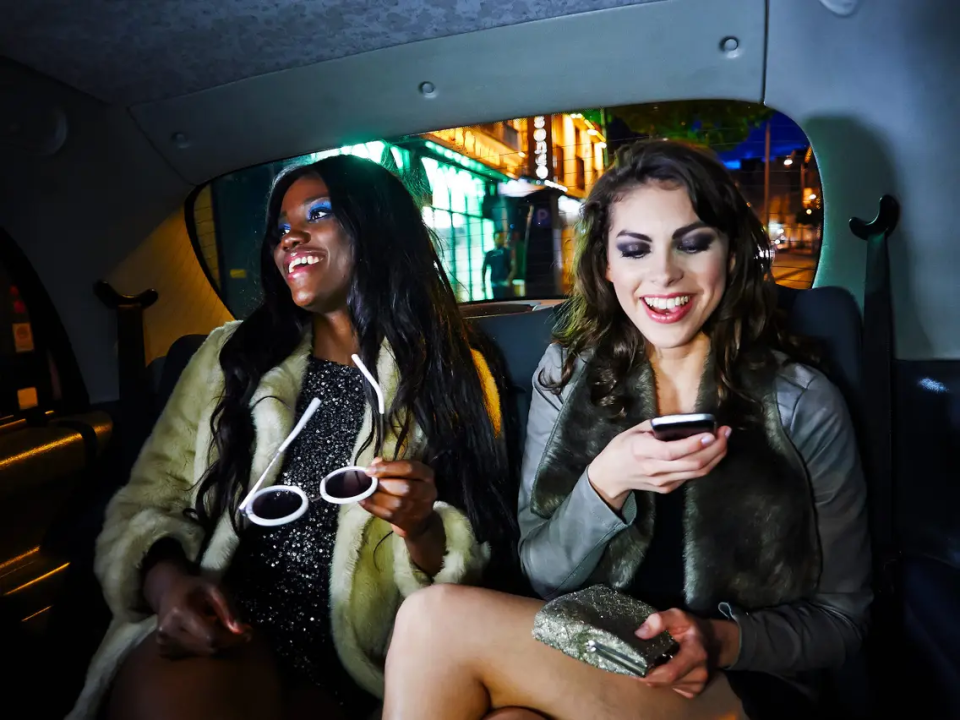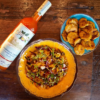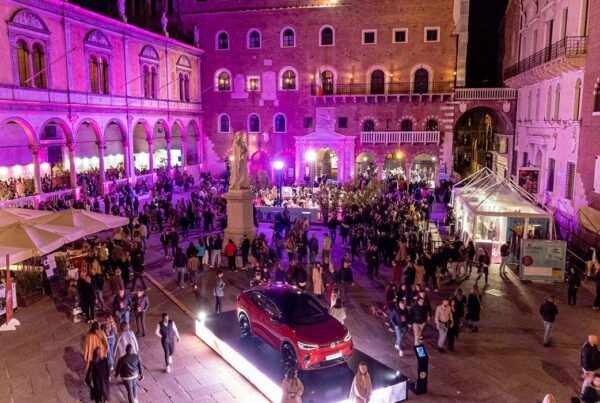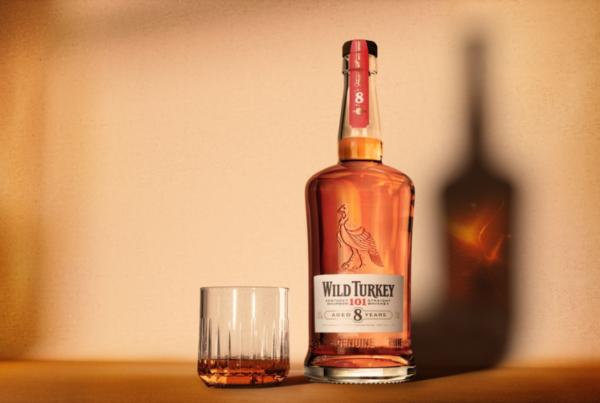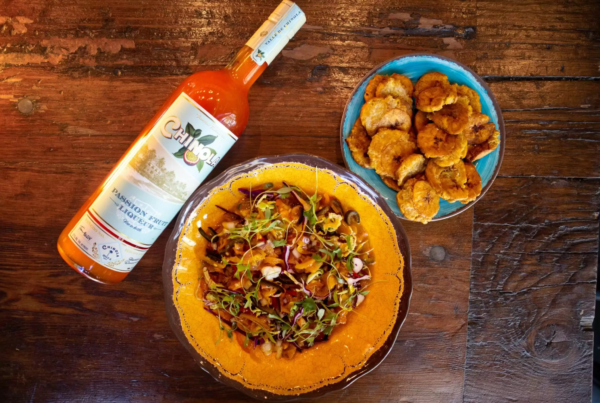London: Gen Z is transforming nightlife by consuming less alcohol, prioritising health and wellness while financially cautious. Their preference for mindful drinking practices and digital social interactions is prompting bars to adapt by offering more non-alcoholic options, reshaping the industry landscape significantly.
Gen Z is reshaping the landscape of nightlife and drinking culture, turning heads with their markedly lower alcohol consumption compared to previous generations such as Millennials, Gen X, and Boomers. This shift is not merely a trend but part of a comprehensive lifestyle shift rooted in health, social consciousness, and economic pragmatism. The implications for the alcoholic drinks industry are significant, prompting businesses to reconsider their approaches and offerings.
Prioritising Health and Well-Being
Health and mental wellness are at the forefront of Gen Z’s values. According to insights from the “Grocery Coupon Guide,” members of this generation are increasingly viewing alcohol as a hindrance to their wellness goals. With a greater emphasis on mental health conversations, Gen Z is steering clear of substances that jeopardise their mental clarity and physical health. Instead of seeking immediate gratification from alcoholic beverages, they are opting for mindfulness practices, including mocktails and meditation. The focus is on long-term health over short-term enjoyment.
Influenced by Observation
Gen Z’s perspective on drinking has also been shaped by their upbringing. Many witnessed the negative consequences associated with drinking through personal experiences or media portrayals, making them sceptical of the once-glamorous party culture. This generation approaches alcohol consumption with caution, often choosing moderation or complete abstinence as a form of empowerment. Their choices reflect a mindful consideration of the costs associated with drinking, pushing them toward more responsible consumption.
Financial Constraints Influence Choices
Financial considerations also significantly impact Gen Z’s drinking behaviours. With rising living costs, including student debt and housing prices, spending on costly cocktails is increasingly viewed as an unnecessary expense. The shift in priorities indicates a preference for experiences and investments that yield long-lasting satisfaction rather than temporary indulgences. This inclination towards intentional spending challenges traditional norms surrounding nightlife, where bars and clubs were once seen as essential venues for social interactions.
The Digital Social Sphere
Socialisation for Gen Z looks distinctly different from that of prior generations. Growing up in an era dominated by digital connectivity, platforms like TikTok and Instagram have taken the place of bars as primary social venues. The convenience of online interactions reduces the perceived need to engage in conventional nightlife activities. As Gen Z redefines what social engagement entails, traditional drinking establishments may find themselves less relevant in their quest for connection.
Emerging Trends of Sober Curiosity
The rise of the “sober curious” movement is gaining traction among Gen Z. This trend encourages individuals to explore their relationship with alcohol and consider alternatives without fully committing to sobriety. The demand for alcohol-free options, such as craft mocktails and zero-proof spirits, is on the rise. Establishments are increasingly recognising the need to diversify their menus to include non-alcoholic beverages that cater to this evolving preference, positioning themselves as inclusive spaces for socialising without the repercussions of drinking.
Bars Adapting to New Norms
To remain competitive, bars are adapting to these changes by revamping their offerings and concepts. Many are introducing alcohol-free cocktails, herbal teas, and wellness-focused drinks, alongside creating multi-functional spaces that host events beyond just drinking. By emphasising atmosphere, community, and diverse experiences, these establishments aim to appeal to the preferences of the younger demographic. A failure to innovate in line with Gen Z’s expectations could mean obscurity for traditional bars.
Conclusion
As Gen Z continues to redefine fun, health, and social connections, the impact on the alcoholic drinks industry is profound. With a clear inclination towards health consciousness, financial responsibility, and digital connectivity, this generation presents both challenges and opportunities for bars and beverage brands. The industry’s ability to evolve and meet these new demands will be crucial for relevance in a marketplace increasingly driven by the preferences of younger consumers. In an era of change, the rise of mocktails and the acceptance of sobriety demonstrate that Gen Z is paving new paths for social interaction, and the industry must adapt accordingly.
Source: Noah Wire Services

